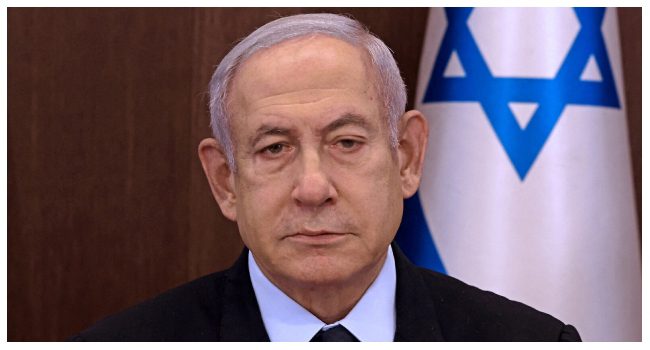High-Ranking Hezbollah Officials Confirmed Killed in Israeli Strike
In a significant development in the Middle East, Israel’s army has confirmed the deaths of two top officials of the Lebanese militant group Hezbollah. The announcement came Tuesday, revealing that a strike in a southern Beirut suburb approximately three weeks ago had "eliminated" Hashem Safieddine, an apparent successor of the organization’s leader, and Ali Hussein Hazima, the head of Hezbollah’s Intelligence Directorate.
Safieddine was widely considered to be a potential successor to Hassan Nasrallah, Hezbollah’s leader. Nasrallah’s status remains unclear, and it is believed that he was not directly affected by the strike. The confirmation of the deaths comes on the heels of a statement from the Israeli army, which had been tight-lipped about the attack until now.
According to the Israeli army’s statement, "in an attack approximately three weeks ago, Hashem Safieddine, the head of Hezbollah’s Executive Council, and Ali Hussein Hazima, the head of Hezbollah’s Intelligence Directorate, were killed along with other Hezbollah commanders." This is the first time the Israeli army has publicly confirmed the attack and its consequences.
While the Israeli army’s statement did not provide further details on the attack or its immediate aftermath, the news is likely to be significant for regional politics and the balance of power between Israel and Lebanon. Hezbollah is a powerful Shia militant group based in Lebanon that has long been at odds with Israel. The group is considered a terrorist organization by many countries, including the United States, and its role in Lebanese politics is a point of contention with many regional and global actors.
The killing of high-ranking officials is a significant blow to Hezbollah, but it remains to be seen how the organization will respond to these losses. In the meantime, the region remains on high alert, waiting to see what this development might portend for the fragile balance of power between Israel, Lebanon, and other regional players.
